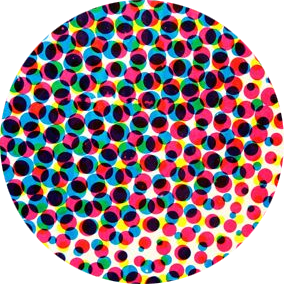Rape Culture in “Ducks”



 has further revealed the pervasiveness of sexual violence & the barriers to victims being believed. Victims who speak publicly about their rape are often additionally victimized: told they’re lying; that they asked for it; or even that they deserved it. 3/13
has further revealed the pervasiveness of sexual violence & the barriers to victims being believed. Victims who speak publicly about their rape are often additionally victimized: told they’re lying; that they asked for it; or even that they deserved it. 3/13

Beaton’s memoir documents two sexual assaults. But these are not isolated incidents. Upon arriving at the oil sands, Beaton is quickly unnerved by how her gender makes her a spectacle. At one point, men form a long line at her tool crib just to have a chance to look at her. 5/13

Power dynamics & physical requirements of the job trap Beaton within this gender hierarchy. She cannot leave her booth or deny the men who ogle & harass her. When she takes an afternoon off to escape, her boss blames her for her own harassment, forcing her to apologize. 6/13

Some women participate in what Beaton correctly identifies as her own dehumanization. When Beaton asks a female superior to protect her from a man she doesn’t want to go out with, her superior instead sets up a date & again implicitly blames Beaton for her own harassment. 7/13

Beaton repeatedly underscores the inescapability of the culture of gendered violence. At a strip club, she’s told men sometimes heat the coins they throw at a pole dancer to try and burn her. One man says the story is “just to scare people.” “Scare who?” asks Beaton. 8/13

Women who work in the oil sands are similarly policed and threatened when they try to speak out about gendered and sexual violence. When Beaton’s friend Lindsay writes about her experiences, the online harassment she receives leaves her wary of speaking up a second time. 9/13

And Beaton’s final attempt to report her abuse to a male superior results in gaslighting. She’s effectively told, once again, that the abuse is her own fault, in this case because she didn’t report it, even though when she did report it, she was chastised for doing so. 10/13

Importantly, Beaton emphasizes that while the isolated environment of the oil sands intensifies and exaggerates rape culture, it’s pervasive well beyond it. When Beaton discusses her rape with Lindsay and her sister Becky, she learns each of them was raped at university. 11/13

Beaton also emphasizes the lingering effects of gendered violence. The memoir concludes with Katie (Beaton) & Becky, now in Halifax, running into a man from the oil sands. Their friends ask why they tolerated his lewd behaviour. The sisters are silent, unable to explain. 12/13

Confronting and changing rape culture takes time, effort, and courage. It also requires community and the strength that flows from it. One of the central triumphs of Kate Beaton’s “Ducks: Two Years in the Oil Sands” is that it both represents that community and creates it. 13/13
